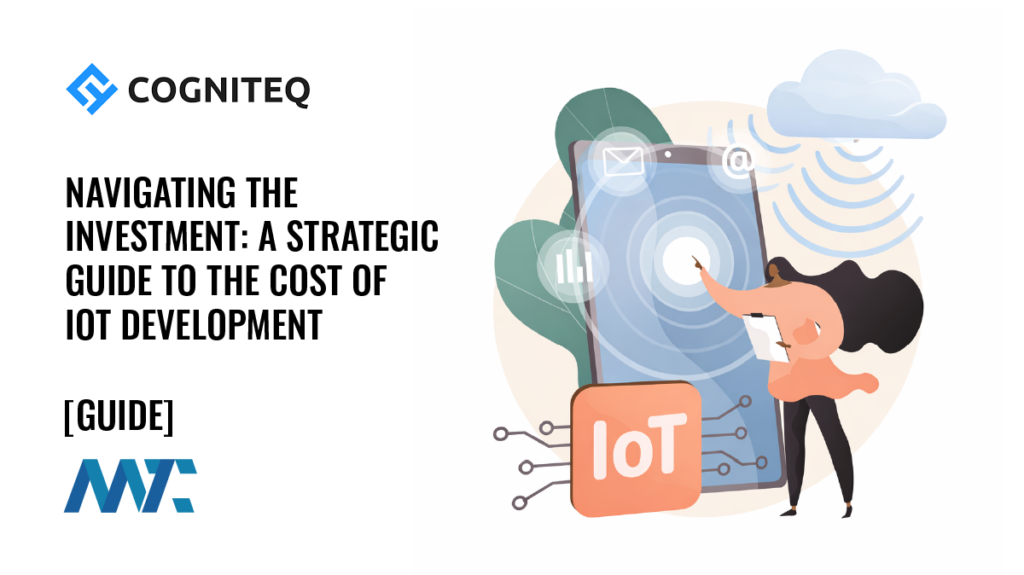The 6 Roadblocks to Going Global with Your Retail or E-Commerce Organization

As domestic commerce and e-commerce organizations seek to expand their reach and tap into new markets, shifting to global sales becomes an increasingly attractive prospect. However, the transition from domestic to international commerce presents a unique challenge that requires careful navigation.
This article will explore the roadblocks companies may face when making this shift and highlight the role of technology in overcoming these obstacles.
- Cultural Differences and Language Barriers: Understanding and adapting to cultural differences and language barriers is crucial for success in global sales. Companies must invest in internationalization (I18N) to ensure their products, services, and content are easily localizable to different markets. This involves considering text translation, date and time formats, and cultural preferences. Technologies such as machine translation, translation management systems, and localization platforms can streamline the I18N process and help companies effectively communicate with their global customers.
- Legal and Regulatory Compliance: Navigating different countries’ complex legal and regulatory landscapes is a significant challenge for companies expanding globally. Internationalization is key in ensuring that products and services comply with local laws and regulations. Companies must leverage technology to manage and track compliance requirements, such as product labeling, packaging, and documentation. Regulatory technology (RegTech) solutions can help automate compliance processes and reduce the risk of non-compliance.
- Logistics and Supply Chain Management: Managing global logistics and supply chains requires robust technology solutions to ensure efficiency and transparency. Companies can leverage technologies such as Internet of Things (IoT) devices, blockchain, and artificial intelligence (AI) to track and manage their inventory and shipments in real-time. These technologies can help optimize routes, reduce costs, and improve delivery times. Additionally, using international shipping and fulfillment platforms can simplify the process of navigating customs clearance and tariffs.
- Payment Processing and Currency Fluctuations: Accepting payments from international customers and managing currency fluctuations are critical aspects of global sales. Internationalization ensures that payment systems and pricing strategies are designed to accommodate different currencies and exchange rates. Companies can leverage payment gateway technologies that support multiple currencies and provide fraud protection. Additionally, using financial technology (FinTech) solutions such as currency hedging platforms can help mitigate the risks associated with currency fluctuations.
- Competition and Market Saturation: To succeed in global markets, companies must differentiate themselves from competitors and adapt to local market conditions. Technology can play a significant role in helping companies gain a competitive edge. By leveraging big data analytics and AI-powered market research tools, companies can gain insights into customer preferences, market trends, and competitive landscapes. Additionally, using e-commerce platforms and digital marketing tools can help companies effectively reach and engage with their target audiences in different markets.
- Intellectual Property Protection: Protecting intellectual property (IP) is a critical concern for companies operating in global markets. Blockchain technology can help companies securely register and track their IP assets, such as trademarks, patents, and copyrights. Additionally, using IP management software can help companies monitor and enforce their rights in different jurisdictions. Companies should also consider working with specialized legal technology (LegalTech) providers to navigate the complexities of international IP law.
Transitioning from domestic to global sales presents a range of challenges, but by leveraging technology and focusing on internationalization, companies can successfully navigate these roadblocks. From cultural adaptation and legal compliance to logistics and payment processing, technology solutions such as I18N, RegTech, IoT, blockchain, AI, and FinTech can help companies streamline their operations and effectively engage with their global customers. As companies embark on their global expansion journey, investing in the right technology stack and prioritizing internationalization will be key to achieving long-term success in the international marketplace.






